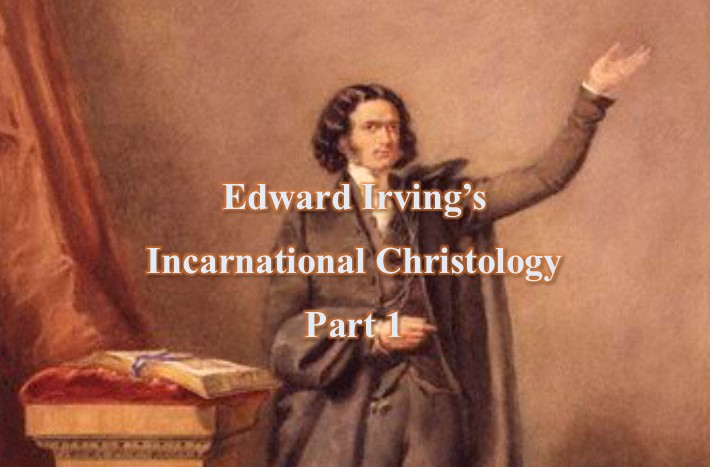Edward Irving’s Incarnational Christology, Part 1
Edward Irving’s Incarnational Christology: A Theological Examination of Irving’s Notion of Christ’s Sinful Flesh as it relates to the Fullness of the Incarnation

In this three-part series, Trevor Martindale gives us an in-depth look at how Edward Irving, one of the 19th Century’s most important church leaders, understood the meaning of God coming in the flesh. What does that controversy have to teach us today?
Abstract
This dissertation examines the theological viability of Edward Irving’s notion of Christ’s ‘sinful flesh’. The foundational element of this notion determines that his belief in Christ to have been fully consubstantial with mankind necessitates the positing of his assumption of a fallen human nature under the same conditions that are common to all humanity. We argue that Irving’s contextual claims challenged the predominant doctrinal formulations of Federal Calvinism, which had departed from earlier Patristic and Reformed theological requirements for the vicariously salvific nature of the Incarnation and Atonement of Christ to be based primarily on ontological or substantial union with mankind.
Introduction
At the heart of the Christian faith is the resolute conviction that “the Word became human and lived here on earth among us.”[2] The belief that Jesus Christ is “God with us”[3] exhibits the foundational driving force of the Christian message – the Incarnation. While the origins of this doctrine are Biblically traceable,[4] its development has often prompted intense controversy. From the great Christological controversies of the Patristic era[5] to a more recent debate over the Incarnation as ‘myth’,[6] such examples illustrate the church’s continual quest to understand what the Incarnation means for humanity within each generational context in which she finds herself. The importance of this doctrine cannot be underestimated, as the age-long struggle concerning issues pertaining to the Incarnation has often led to radical reinterpretation of foundational truths of the Christian faith[7] – interpretations that are not always welcomed by the established church community.
Irving’s life and ministry was tenderly remembered despite the degree of controversy that surrounded it.
As we begin, some remarks concerning the methodology used to achieve this are necessary. The aim of Chapter one will be to provide a ‘bird’s-eye view’ of the historical controversy. This will involve a brief summary of pertinent biographical details of Irving’s life followed by a review of the significant literature that has been written both in support and rejection of his ideas since his death.
Category: In Depth, Summer 2018


